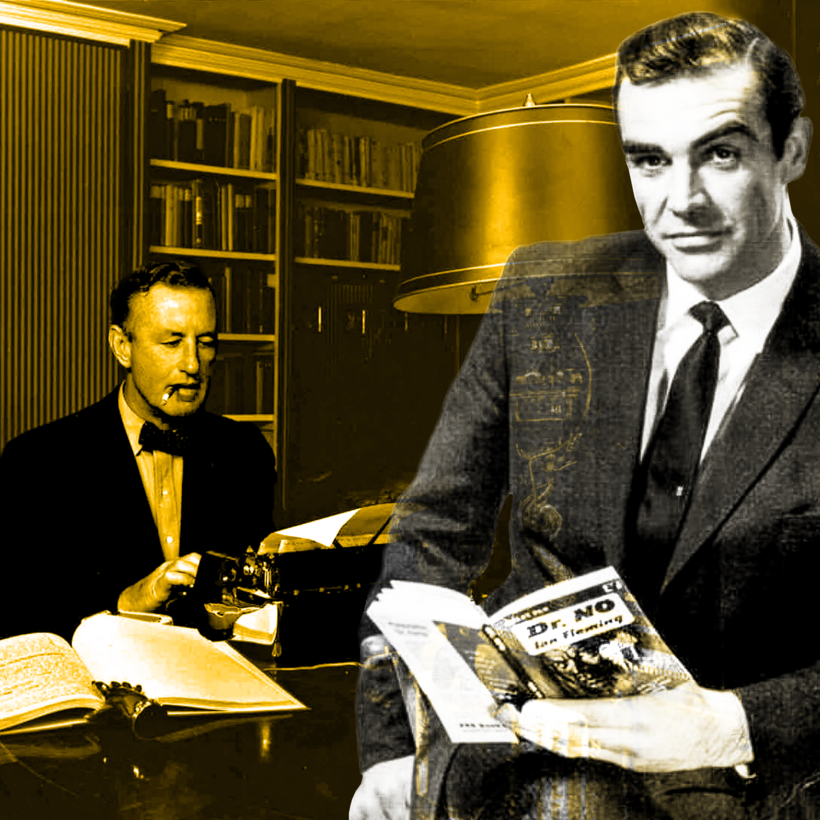It has been ten years since Daniel Craig announced he was done with James Bond and four years since his 007 was killed in No Time to Die. “James Bond will return” ran the end credits, but amid the fallout from Amazon’s recent takeover, it is hard to imagine that we will see the world’s favorite spy on screen any time soon.
On the page, however, things are moving at a greater lick. After the Young Bond novels from Charlie Higson and then Steve Cole, and adult Bond novels from writers including Sebastian Faulks and Anthony Horowitz, a new wave of authors are reinventing 007 for a generation who may never have seen the films.

